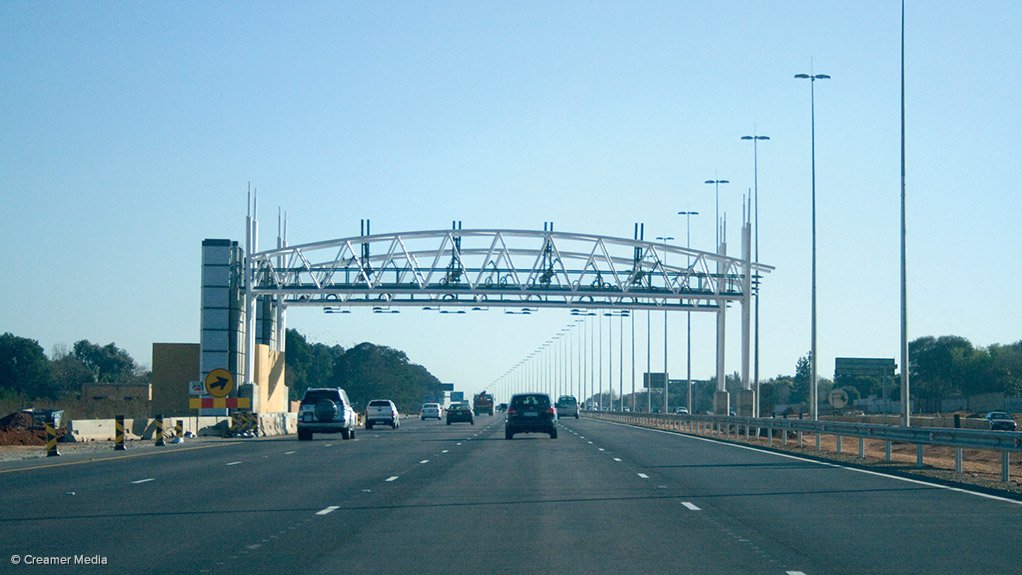The Democratic Alliance (DA) aims to escalate the fight against urban tolling following the adjusted dispensation for the Gauteng Freeway Improvement Project (GFIP) roads by taking a hardline legislative stance.
DA Shadow Minister of Transport Manny de Freitas on Thursday said that, amid government’s failure to acknowledge public sentiment surrounding the contested e-tolls, a Private Members Bill against urban tolling would be tabled.
While limited details on the opposition’s plans were available at publication, the DA assured that it “will not give in to an inept system” that was rejected by 74% of Gauteng motorists, who believed that the government should find an alternative to the e-toll system.
“It is no longer about the best deal ... there are cheaper, more efficient and more effective alternatives to funding the e-tolls,” he explained.
A Private Members Bill was a Bill generally developed by individual MPs, as opposed to the ruling government, with a committee deciding whether the Bill met certain promulgation criteria.
According to Parliament, South Africa’s first Private Members Bill, in 2013, resulted in the National Credit Amendment Bill, which sought to have interest accrual postponed for up to five years for small businesses in financial difficulties, besides others.
The DA’s decision had been spurred by Deputy President Cyril Ramaphosa’s announcement, last month, of a new e-toll price structure and conditions to appease the protesting public.
“The GFIP bonds require about R1.9-billion a year to finance over their required 24-year lifespan. This only equates to about a 10c/l rise in the fuel price,” De Freitas said, suggesting a fuel levy would be the “optimal solution”.
EMAIL THIS ARTICLE SAVE THIS ARTICLE
To subscribe email subscriptions@creamermedia.co.za or click here
To advertise email advertising@creamermedia.co.za or click here











